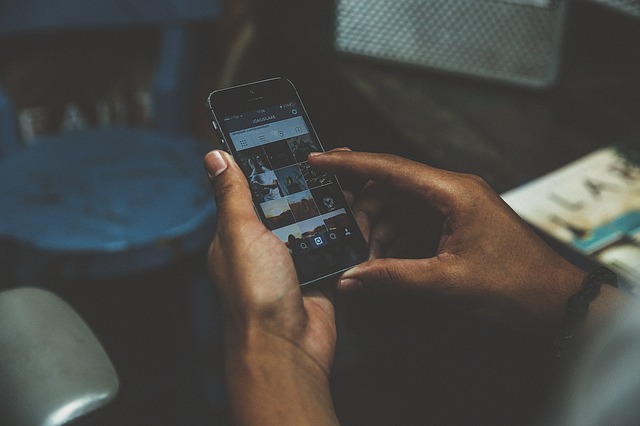So many disabled Americans go without things that most people take for granted. It is a shame that more isn’t being done to enlighten disabled people as to just what resources are available to them and how they can go about getting their hands on them. Aid is available from a number of resources starting with the Federal government and filtering down through state, county, city and private agencies. If you are a disabled person getting little or no help beyond your SSI, you should be aware of ways in which to find some of the things you need to make your life easier – and oftentimes safer.
Mobile Phones Are No Longer a Status Symbol
Many consumers are still laboring under the impression that only the wealthy can afford cell phones. As recently as the last decade mobile phones were ridiculously expensive and ‘air time’ was way out of reach for the average person. Then companies like Net10, Boost Mobile, Cricket, Straight Talk and Metro PCS made the news with cheap unlimited talk time and text messaging that the big names began offering no contract plans as well.
Today consumers can get smartphones for less than $100 and monthly prepaid plans for less than $50. However, even those are often more expensive than a disabled person can afford. Many disabled and low income Americans aren’t aware of the fact that they can qualify for government paid phones. Information on this program can be found on freegovernmentcellphone.net.
Assistance with Utilities
For those who have become disabled after years of working, many programs simply aren’t within the scope of anything they have ever needed in the past. Most places in the country do have assistance, albeit limited, that is there for those times when electricity, heat, water and gas can’t be paid. Most offer assistance only once annually, but that one time is often what it takes to get back on even ground financially. Typically, a disconnect notice comes when there is a current bill and one or more past bills that are left unpaid. By getting back to a zero balance, it is easier to maintain going forward.
Food and Clothing
For many decades the United States government has been issuing food stamps through state and county programs but that is not the only way to gain access to food. Many churches and civic groups sponsor food pantries where disabled (and low income) people can attend on pre-specified dates to pick up a box of food that has been donated or clothing that was collected during clothing drives. Some areas of the country are more active in this regards than others, but there are programs out there so take the time to talk to your social worker at the welfare office or check online for resources in your neck of the woods.
Most often it is recently disabled people who have the greatest trouble getting their needs met. Those with long-term or ongoing disabilities probably know what resources are out there and how to go about qualifying for them. Here is where your advice can go a very long way. Why not mentor others with common disabilities and together share resources that can make everyone’s life easier? No one asks to be disabled, but when misfortune strikes, it’s good to know resources are out there and that there are others who understand your plight. The best advice? Don’t give up.

